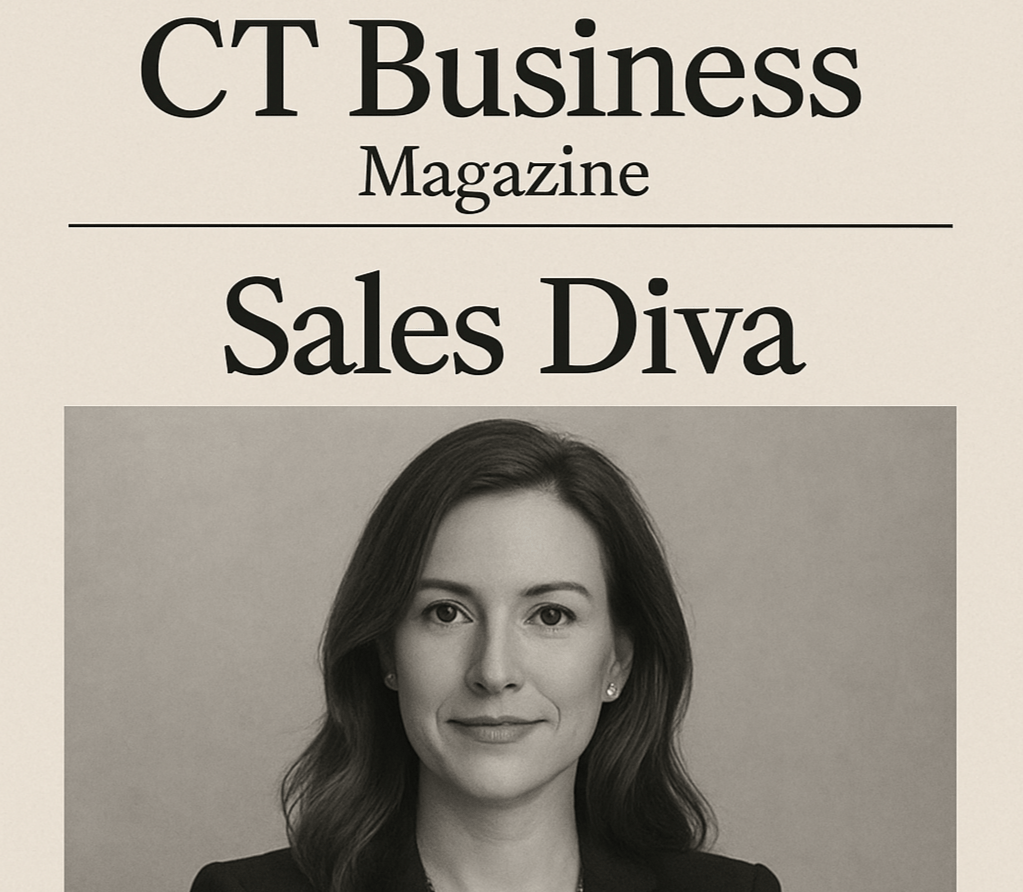Published: June 1998 | Elizabeth Seay | Wall Street Journal
In the shadow of a downtown shaped by corporate downsizing, one business thrives on hiring the downsized.
Entrepreneur Antoinette Allocca has built her technical-writing business, Essential Data Corp. of Stamford, Conn., by hiring mostly people over 45, the group hit hardest by layoffs. The average age of her dozen salespeople is 50. The “baby” of the office is 37, and the oldest worker is 63. With the help of this sales force, the company’s most crucial tool for expansion, revenue has zoomed to $5.2 million in the latest fiscal year from $869,347 in the year that ended Jan. 31, 1996.
Even among her nonsales staff, there are plenty of older people: Ms. Allocca estimates that more than half are in their 40s, 50s, and 60s.
Hiring older people isn’t charity, says Ms. Allocca: It’s her secret weapon. “I’m shocked no one knows about the mature market,” she says. “These people have so much to offer.”
Experienced and Available
That isn’t to say Ms. Allocca rules out younger workers. In this tight job market, small businesses can’t afford to restrict their hiring to any particular age group. Rather, Ms. Allocca’s strategy stems from expediency: It’s easy to hire older workers since they are so heavily represented among job applicants and are overlooked by many other employers.
And once hired, she says, older workers offer several advantages. They are experienced and more stable, and have little interest in job-hopping. “It takes very little to manage them,” she says. “You have to teach young people how to treat people, how to listen, how to relate to other people.”
Other small companies are starting to discover the older work force. The Association of Career Management Consulting Firms International, based in Washington, D.C., recently surveyed its 120 members and found that many companies were looking for older workers.
Still, hiring older workers remains an innovation in sales, traditionally a field where older people often are considered over the hill. “There is a stereotype that people don’t want to hire older (sales) workers”, says Bob Penney, president of Sales Consultants of Westchester of Hawthorn, NY, a division of recruiting company Management Recruiters International. “If you’re out selling copiers, making 50 stops a day, you tend to hire younger people who are willing to work hard.”
Ms. Allocca, who at 44 is younger than many of her workers, happened on her hiring strategy by trial and error. She started providing technical writers to financial-service and technology companies 10 years ago, aiming to feed the growing demand for people to help computer-system designers communicate with users. She chose Stamford because it was close to her home and 45 minutes from New York City’s giant market.
But drumming up business was tough with just two employees – Ms Allocca and her husband. She needed good marketers, but couldn’t afford to lure industry stars from New York at salaries of $100,000 to $150,000.
Like many sales managers, she started out thinking younger workers were her best bet. The first person she hired was a woman in her mid-20s, “a trophy saleswoman,” Ms. Allocca says. But the new employee couldn’t deliver. “She just didn’t have the ability to get close to people, the savvy, the ability to employ strategy,” says Ms. Alloca.
A Dangerous Gamble
The entrepreneur’s conclusion: Hiring inexperienced people at lower salaries is “Russian roulette. You could go through 10 people” and have few successes. And as a busy small-business owner, she didn’t have time to give such workers extra training.
The solution to her problem, it turned out, was all around her, in the lost community of downsized people around Stamford.
Ms. Allocca got the idea while taking a course at the local Women’s Business Development Center, where a teacher suggested there was a large market of retirees and laid-off people whom smaller businesses could afford to hire Ms. Allocca took a chance on one 59-year-old salesman, Dick Haeffele (who had been downsized from Dow Jones & Co., publisher of The Wall Street Journal). He brought in billings of a half-million dollars in six months, and the business took off. Essential Data moved from a 200-square-foot office to a 3,000 square-foot office – and it began hiring others like Mr. Haeffele.
Better Relationships
Ms. Allocca also says older sales representatives are better at building relationships with corporate clients. “Companies’ decision-makers are mature,” she says. “The first thing I look for is experience of a particular type, marketing to big corporations on the executive level.” Among her 130 employees are Mark Fazzinga, 42, who weathered a downsizing from Nynex, the phone company that’s now part of Bell Atlantic Corp., and Rick Doepper, 52, who took early retirement after 30 years with International Business Machines Corp.
Even Lisa Benne, Essential Data’s youngest salesperson, says she felt old and overlooked at her previous job, especially after she was passed over for a promotion. “They want them young and cheap: Get’em out of college, work ’em to death,” she says.
Ms. Allocca is cagey about how much she pays, citing competitive issues, though some salespeople at Essential Data say they earn more than $200,000 a year. Sales people start off earning a small base salary, with the bulk of their compensation coming from commission tied to a percentage of their production. The base salary is at the low end of industry averages, but Ms. Allocca says the personal financial rewards for producing business are relatively large.
That isn’t to say her strategy is foolproof. Only about half the people she hires remain there after a year, though she says that ratio is better than average for sales staff. Ms. Allocca says she has hired people who were too old. “In the above-60 crowd, there are people who don’t need the money but want the sense of ‘I have a job. I’m not tired,’” she says. And some people feel they have progressed too far to go back to sales. “They say, ‘Well, I ran a whole division.’”
Ms. Allocca says, retorting to an imaginary employee: “Well, you were let go.”
No Favors
Ms. Allocca, unsentimental and canny, doesn’t see herself as doing anyone any favors. And she carries her preference for mature workers over into her personal life, where she eschews aupaires in favor of a 58-year old nanny for her four kids.
She started her first company, a snow-shoveling business in Long Beach, NY, at eight years old, and worked through her teenage years, mostly in sales. She and her 56-year old husband, Mark Greenspan, now share a small office, undecorated other than artificial plants and a stack of impressionist posters leaning against a wall. But she prefers to spend her time in the large room where her salespeople work on the phones.
As they talk, Ms. Allocca, a casually dressed woman who wears her hair in a long brown braid, paces around like a stage manager, softly giving directions and whispering tips. “Anything good, Sheila?” she says. “How ya doing today Mark?” Several minutes later, Sheila Klatzky hails Ms. Allocca. A project manager has said he needs a writer, and Ms. Klatzky is going to send him some resumes. Ms. Allocca gives her a high five.
Ms. Klatzky, who is a single mother in her early 50s, not long ago was renting out her house and “tens of thousands of dollars in debt.”
Casualty of Merger
She had been director of sales and marketing at Choice Drug Systems Inc., a pharmacy that contracts with institutions such as nursing homes and prisons. But when the company merged with two others in 1995, “I was among the people who were redundant,” Ms. Klatzky says. Despite experience in jobs from teaching to selling real estate, she couldn’t get back on her feet.
When she finally found work as an analyst for a company specializing in small business consulting, life on the road was hard, she says. “I reached a point where I was in motel room in Bromley, VT, staring up at wooden beams on the ceiling” and thinking about ropes. “It was a passing thought,” she says.
Ms. Allocca jumps in: “She gets $2 million worth of business a year.” She says proudly. “She has a teacher persona. People trust her.”
Ms. Allocca concedes that she benefits from the hunger of people like Ms. Klatzky. “These people are motivated,” she says. “They have a lifestyle to maintain. They’re thinking of retirement. It’s not that close for the younger people.”
Estimated reading time: 7 minutes





0 Comments